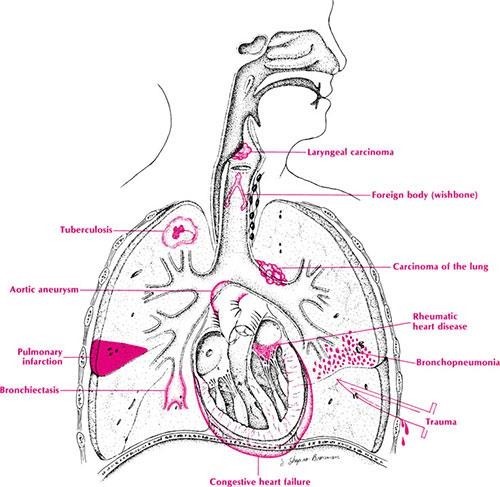Which staff assignment, made by the primary nurse, requires the most immediate follow-up action by the charge nurse on a medical unit?
A practical nurse is assigned to transport a postoperative client to the rehabilitation unit.
A practical nurse (PN) is assigned to monitor the blood pressure of a client with hypertension.
A graduate nurse is assigned to obtain a unit of packed red blood cells from the blood bank.
An unlicensed assistive personnel (UAP) is assigned to check a client for fecal impaction.
The Correct Answer is D
Choice A Reason: This assignment does not require immediate follow-up action by the charge nurse because a practical nurse can transport a stable postoperative client to another unit and report any changes or concerns to the primary nurse.
Choice B Reason: This assignment does not require immediate follow-up action by the charge nurse because a practical nurse can monitor the blood pressure of a client with hypertension and administer antihypertensive medications as prescribed and delegated by the primary nurse.
Choice C Reason: This assignment does not require immediate follow-up action by the charge nurse because a graduate nurse can obtain a unit of packed red blood cells from the blood bank and verify the compatibility and identification with another registered nurse before transfusing it to the client.
Choice D Reason: This is the correct answer because checking a client for fecal impaction is beyond the scope of practice of unlicensed assistive personnel. It involves inserting a finger into the rectum and assessing for hard stool, which can cause injury or infection to the client. The charge nurse should intervene and assign this task to a registered nurse or a practical nurse.
Nursing Test Bank
Naxlex Comprehensive Predictor Exams
Related Questions
Correct Answer is B
Explanation
Choice A Reason: This is not the best action because it is a medication error that can be corrected and prevented by following the rights of medication administration. The nurse manager should counsel the staff nurse and provide education on safe medication practices.
Choice B Reason: This is the best action because it is a serious breach of professional ethics and standards. The nurse manager should report the staff nurse to the PRC for falsifying documentation and compromising client care.
Choice C Reason: This is not the best action because it is a mistake that can be rectified by removing the diet tray and notifying the healthcare provider. The nurse manager should reprimand the staff nurse and review the policy on NPO status.
Choice D Reason: This is not the best action because it is a minor issue that can be resolved by communicating with the charge nurse and other staff members. The nurse manager should remind the staff nurse of the importance of teamwork and collaboration.
Correct Answer is B
Explanation
A) This intervention is not appropriate because it violates the client's privacy and confidentiality. The health department does not need to be notified of the client's condition, as breast cancer is not a communicable disease or a public health threat. The nurse should respect the client's wishes and only share information with authorized persons or agencies.
B) This intervention is appropriate because it respects the client's autonomy and encourages informed decision-making. The nurse should advise the client to consider the benefits and risks of disclosing or withholding the diagnosis from the family, and how it may affect their relationships and support systems. The nurse should also provide relevant information and resources to help the client make an informed choice.
C) This intervention is not appropriate because it contradicts the client's decision and may cause confusion or distress for the family. The nurse should not suggest genetic screening to the family without the client's consent, as this may imply that they are at risk of developing breast cancer or other genetic disorders. The nurse should also avoid giving unsolicited advice or opinions that may interfere with the client's autonomy.
D) This intervention is not appropriate because it imposes the nurse's values and beliefs on the client. The nurse should not explain that the family has a right to know of potential health problems, as this may imply that the client is wrong or selfish for withholding the diagnosis. The nurse should acknowledge and respect the client's perspective and preferences, and support them in coping with their condition.

Whether you are a student looking to ace your exams or a practicing nurse seeking to enhance your expertise , our nursing education contents will empower you with the confidence and competence to make a difference in the lives of patients and become a respected leader in the healthcare field.
Visit Naxlex, invest in your future and unlock endless possibilities with our unparalleled nursing education contents today
Report Wrong Answer on the Current Question
Do you disagree with the answer? If yes, what is your expected answer? Explain.
Kindly be descriptive with the issue you are facing.
